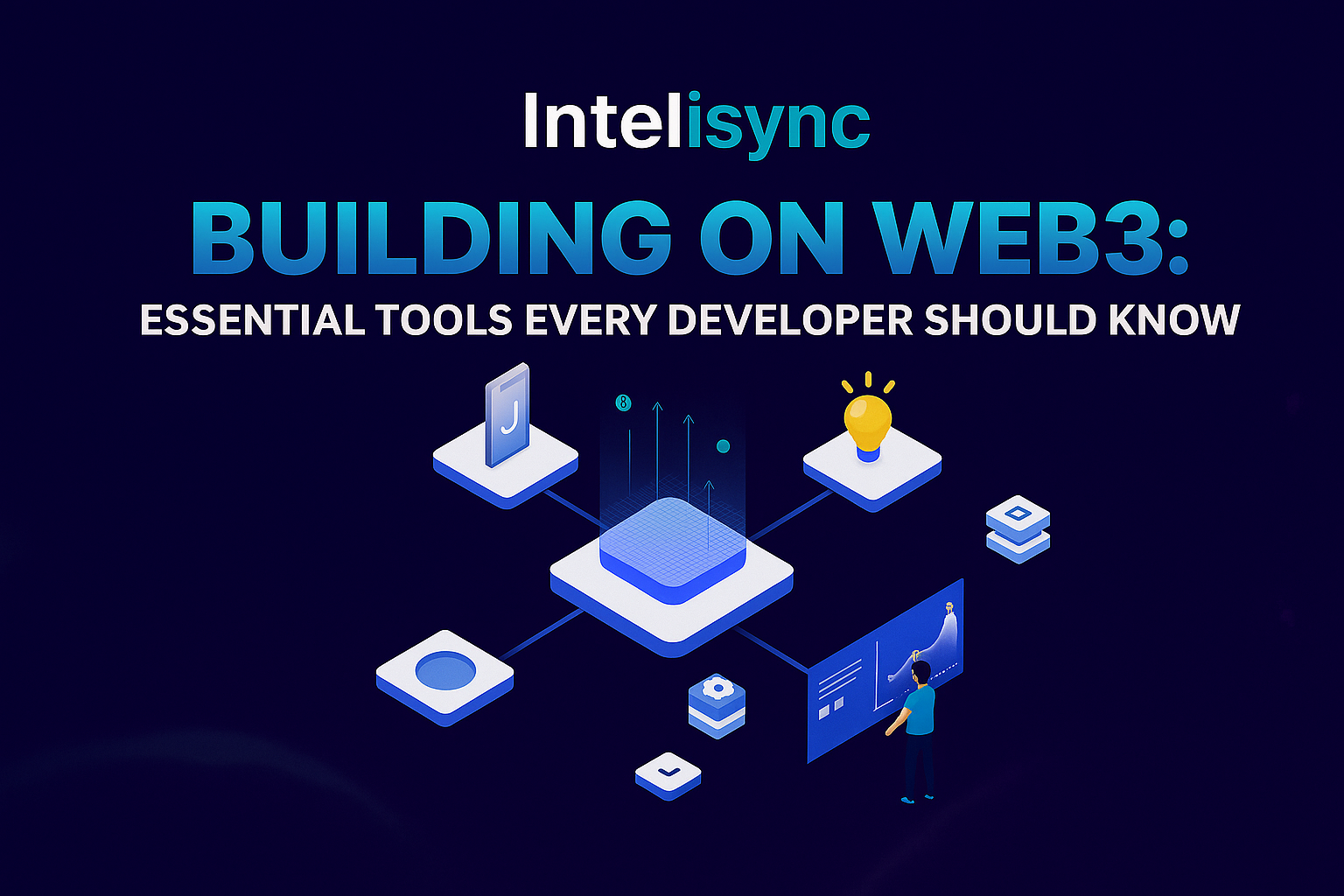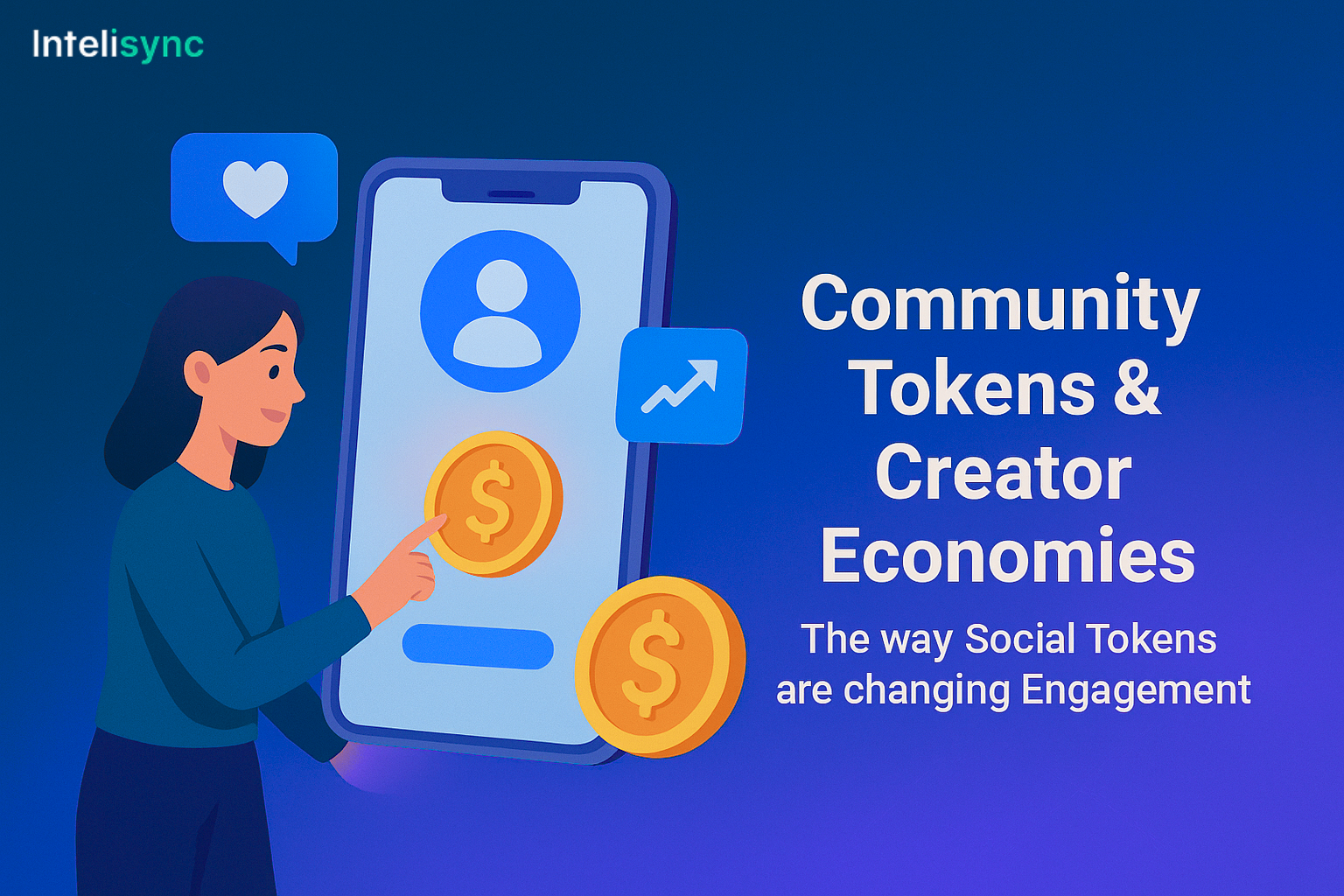Introduction to Web3 Development
Web3 is changing how applications are built and used. It emphasizes decentralization, transparency, and user ownership. For developers, creating on Web3 needs a new toolkit that surpasses traditional Web2 frameworks. This blog discusses the essential Web3 tools every developer should know in 2025, guiding you through blockchain development.
Why Web3 Development Matters
Web3 development makes dApps (decentralized applications), smart contracts, NFTs, and DeFi protocols possible. Unlike centralized systems, Web3 gives users ownership, immutability, and security. For developers, Web3 offers the chance to shape the future of the internet.
Essential Categories of Web3 Development Tools
Blockchain Nodes and APIs
Developers need dependable access to nodes to interact with blockchains.
Infura: Provides Ethereum and IPFS APIs for easy integration.
Alchemy: Offers user-friendly blockchain infrastructure with monitoring and debugging tools.
QuickNode: Delivers multi-chain support with rapid and scalable infrastructure.
Smart Contract Development Frameworks
Smart contracts are crucial for dApps.
Hardhat: A well-known Ethereum development environment that allows local testing.
Truffle Suite: Eases the process of compiling, deploying, and testing smart contracts.
Foundry: An emerging option that provides speed and flexibility for Solidity developers.
Programming Languages for Web3
Solidity: The main language for Ethereum smart contracts.
Rust: Commonly used for Solana and Polkadot development.
Vyper: A Python-like alternative for Ethereum smart contracts.
Web3 Libraries and SDKs
Web3.js: A JavaScript library for interacting with Ethereum.
Ethers.js: A lightweight and modular alternative to Web3.js.
Wagmi: A React hooks library for Ethereum applications.
Wallet Integration Tools
Wallets are crucial for dApp interactions.
MetaMask SDK: Supplies APIs for wallet connectivity.
WalletConnect: Links mobile wallets to dApps easily.
RainbowKit: Simplifies wallet onboarding for React applications.
Storage Solutions
Decentralized applications need decentralized storage.
IPFS (InterPlanetary File System): A peer-to-peer file storage system.
Arweave: Offers permanent storage solutions for blockchain applications.
Filecoin: An incentivized storage system for long-term data protection.
Testing & Debugging Tools
- Ganache: Local Ethereum blockchain for testing.
- Tenderly: Real-time monitoring and debugging for smart contracts.
- Remix IDE: Online IDE for Solidity development.
Security Tools
Smart contract security is a top priority.
- MythX: Security analysis for Ethereum smart contracts.
- Slither: Static analysis framework for Solidity.
- OpenZeppelin Defender: Helps automate security operations.
- Intelisync provides end-to-end smart contract audits and blockchain security services.
H3: Analytics & Monitoring
- Dune Analytics: On-chain data dashboards.
- The Graph: Indexing protocol for querying blockchain data.
- Nansen: Analytics for blockchain activity.
- Intelisync Dashboards: Customized blockchain analytics dashboards tailored for businesses.
Key Considerations When Choosing Web3 Tools
- Scalability: Choose tools that can handle growing user demand.
- Multi-Chain Support: Ensure compatibility with different blockchains.
- Community Support: Tools with strong communities ensure better resources and help.
- Security: Always prioritize audited and trusted tools.
Conclusion
Web3 development is an evolving space, and the right tools empower developers to create secure, scalable, and innovative decentralized applications. From node providers and smart contract frameworks to storage and analytics tools, these essentials are shaping the Web3 ecosystem in 2025.
For businesses looking to dive into Web3, Intelisync.ai offers expert guidance, development services, and seamless integration to accelerate their journey into decentralized technologies.







